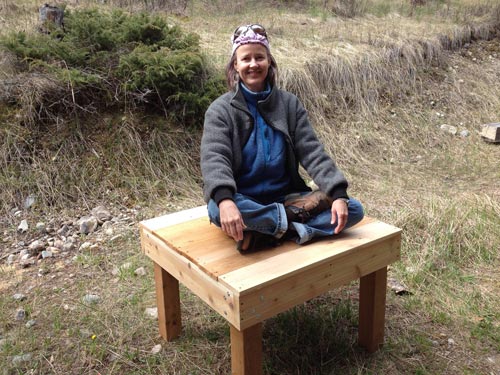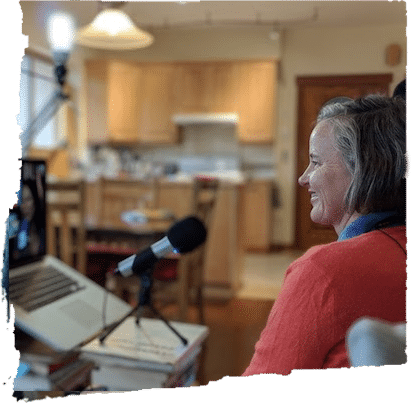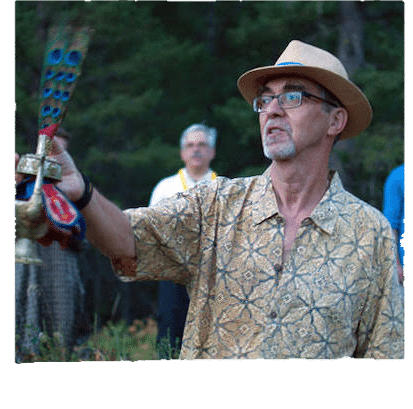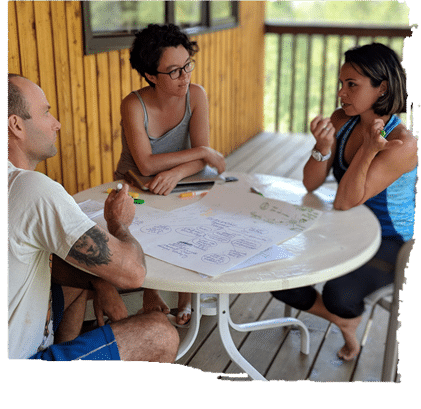Advancing While Retreating
What is it like to meditate for a month?
10
May, 2021
by Catherine Pawasarat Sensei
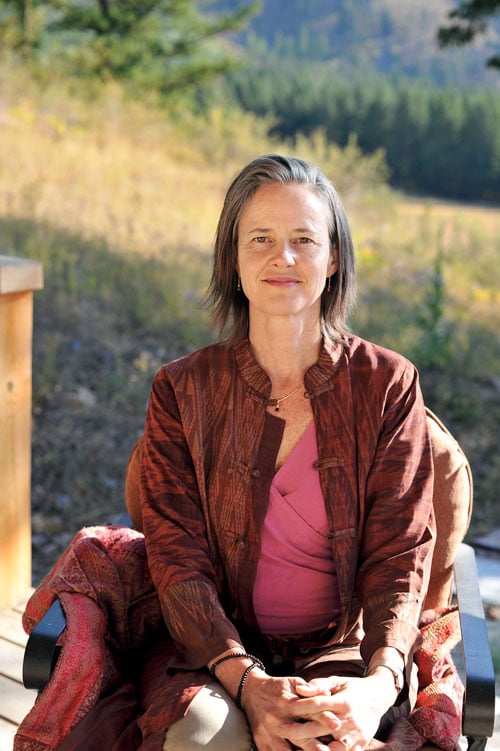
Advancing In Meditation Retreat
What is it like to meditate for a month?
I embark on annual month-long meditation retreats. It took me nearly twenty years of organizing and participating in group retreats before I did my first solitary retreat, and now I can’t imagine a year without it.
What is like to retreat for a month? No doubt it will be full of wonders and joys and anguish, and everything in between. That’s the thing about meditating: there’s no one else to distract us, to entertain us, to blame for feeling poorly.
As all the world’s wisdom traditions tell us, it’s the yucky stuff that makes for our most profound and valuable transformations. My teacher and partner, Doug Sensei, likes to say, “No breakdown, no breakthrough.” All the yummy goodies like bliss and calm, and what we call happiness, these help us steel our courage and resolve. With these as our fuel or immune system, we triumph when we inevitably meet the metaphorical demons (a.k.a conflicting emotions or other neuroses) that have taken up residence in our hearts and minds.
It feels like such a privilege then to dedicate oneself to enlightening the darkness of ignorance. It’s the foundation of alleviating of suffering.
How We Advance in Retreat
Before my retreats, there’s always that curious sense of knowing I’ll be changed upon return. How will I be changed? What new insights will I be able to offer, how will I be able to serve and love more deeply and fully?
Meditation helps me to understand my mind, what’s going on in there, how it works, and most importantly what I can do to well nourish it – all valuable things to know, since it’s my constant companion.
During a meditation retreat, we watch the mind all day and all night – while sitting, walking, standing, lying down, while eating, while showering or using the toilet, while on the edges of sleep. The more activity or external elements there are (for example, meals, stretching, the changing scenery while walking), the more easy it is to be distracted (whether I like the different kinds of food, how the stretching pose is feeling, or whether that fence needs mending). This is why sitting meditation is so common: there are few distractions, so it is easier to watch the mind.
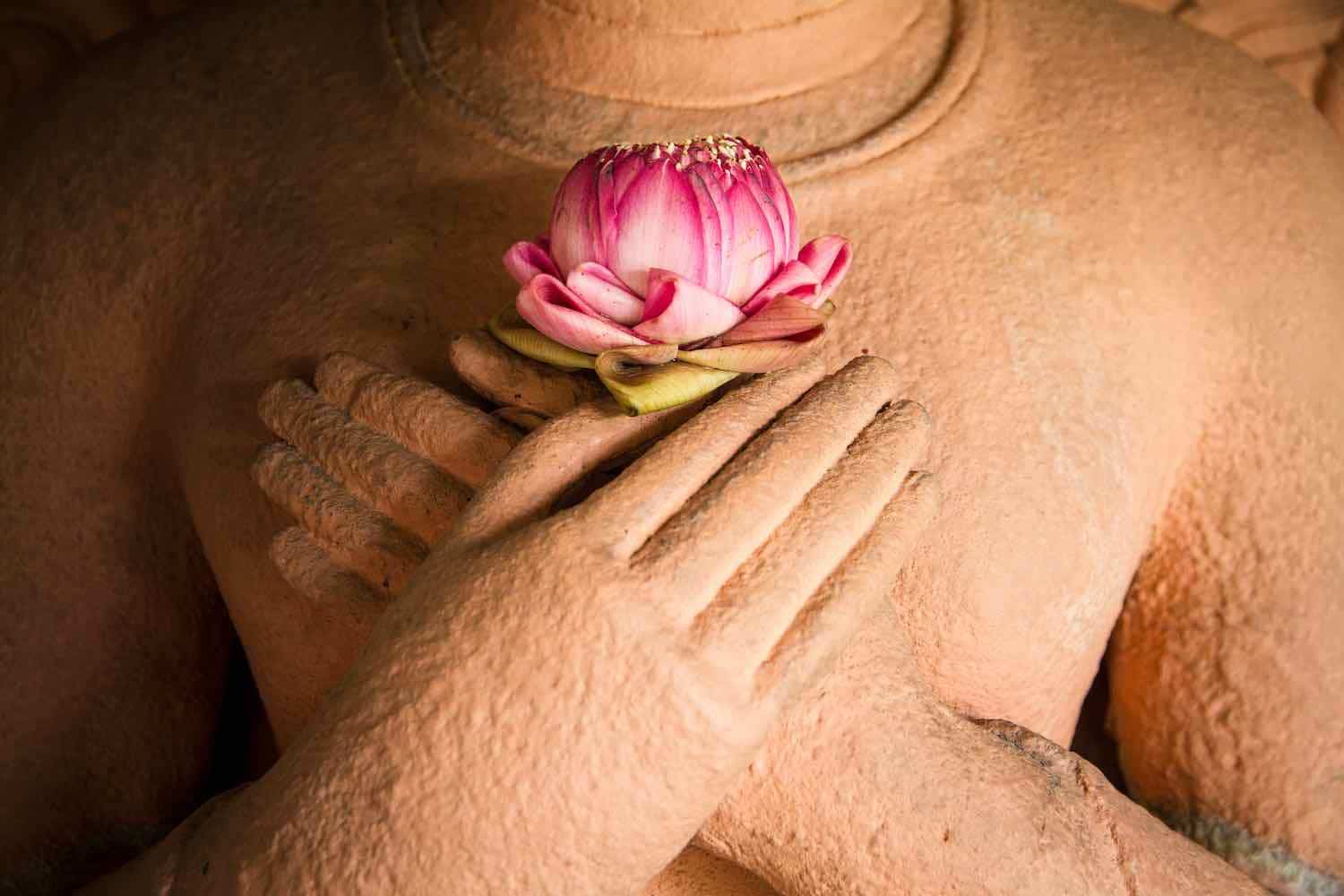
The Good, the Boring, and the Ugly
Sound boring? It can be – only because my mind is sometimes boring, like reruns of a bad sitcom. Not that episode again! During my month-long retreats, my pride sometimes smarts at the occasional low quality of my mind states. My mind would try to blame their lameness on someone or something else, but no one and nothing else was there to hang the blame on. Just me and my mind.
On other occasions, I’ve felt enormous appreciation for when the mind states felt of finer quality, and motivated to practice how to enjoy more of those “better” – more wholesome, more integrated – mindstates. I also felt motivated to cultivate greater acceptance of the low-qual reruns, since negative states are like mosquitos: the easiest way to not be bothered by them is to not be bothered by them. Then they magically leave you alone.
“I got a taste of that ancient human instinct to survive amidst harsh elements, and thus marvelled at the fact that I’ve lived for nearly five decades without knowing how to build a fire or cut wood.“

Inspiration to Distraction – That Tricky Mind
When I’ve retreated in fall or winter, residing in a 15’x10′ cabin off the grid for the month, I’ve also learned how to split firewood and build and maintain fires. I got a taste of that ancient human instinct to survive amidst harsh elements, and thus marvelled at the fact that I’ve lived for five decades without knowing how to build a fire or cut wood. How many other things don’t I know? Their multitude left me awestruck and surprised at how good it felt to recognize what a tiny little thing I am in an unimaginably vast universe.
In my retreats I’ve become more familiar with our retreat center’s 310 acres, which inspire and comfort me with their beauty, their natural order harmoniously coexisting with chaos. Deer and elk looked at me as much as I looked at them, while coyotes stayed out of sight. We all used one another’s footsteps to navigate the deep snow more easily. A cougar’s paw prints nearly as big as my hand sparked reflections on physical strength, intelligence and niches in the food chain, sustainability and competition for land.
…Aha! It was then I’d catch my mind doing its standard thing, rather than the mind and heart training I’d undertaken for the month. So I would go back to my mantras and visualization.
Returning From the Real World
After retreat, returning to daily life has felt like an intriguing cross between putting on my favorite pair of old jeans and navigating rush hour traffic. It’s both delightfully comfortable and alarming with all the fast-moving parts. Meditation seems so easy and simple and peaceful by comparison.
If you’re a meditator, have you ever thought, “Why don’t I retreat more often?” Or, “ Why doesn’t everyone meditate?” I guess because it feels like a big challenge to own our own minds, at least in their entirety. And the “payoff” can seem subtle. The root for the word “holy” is the same as “whole.”

